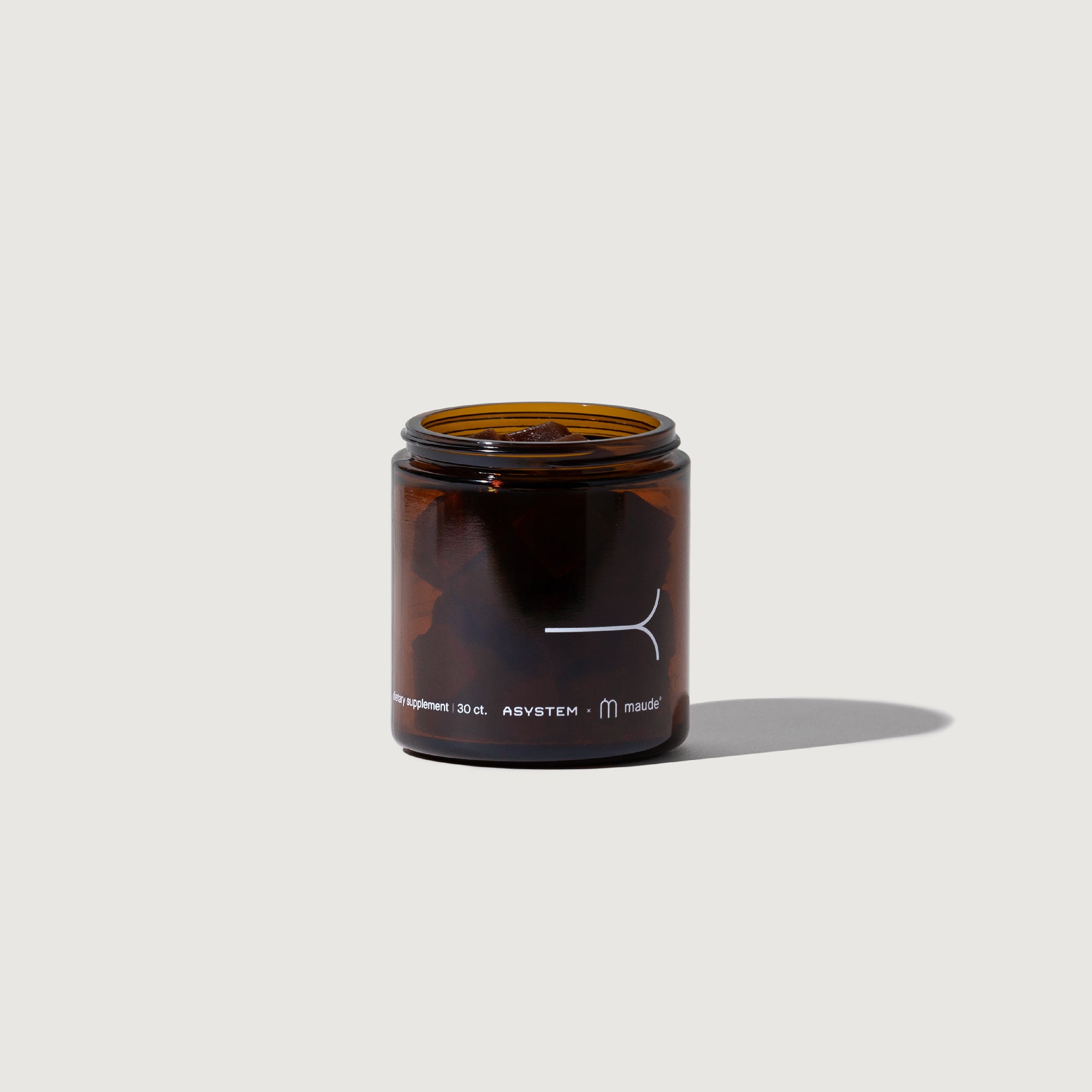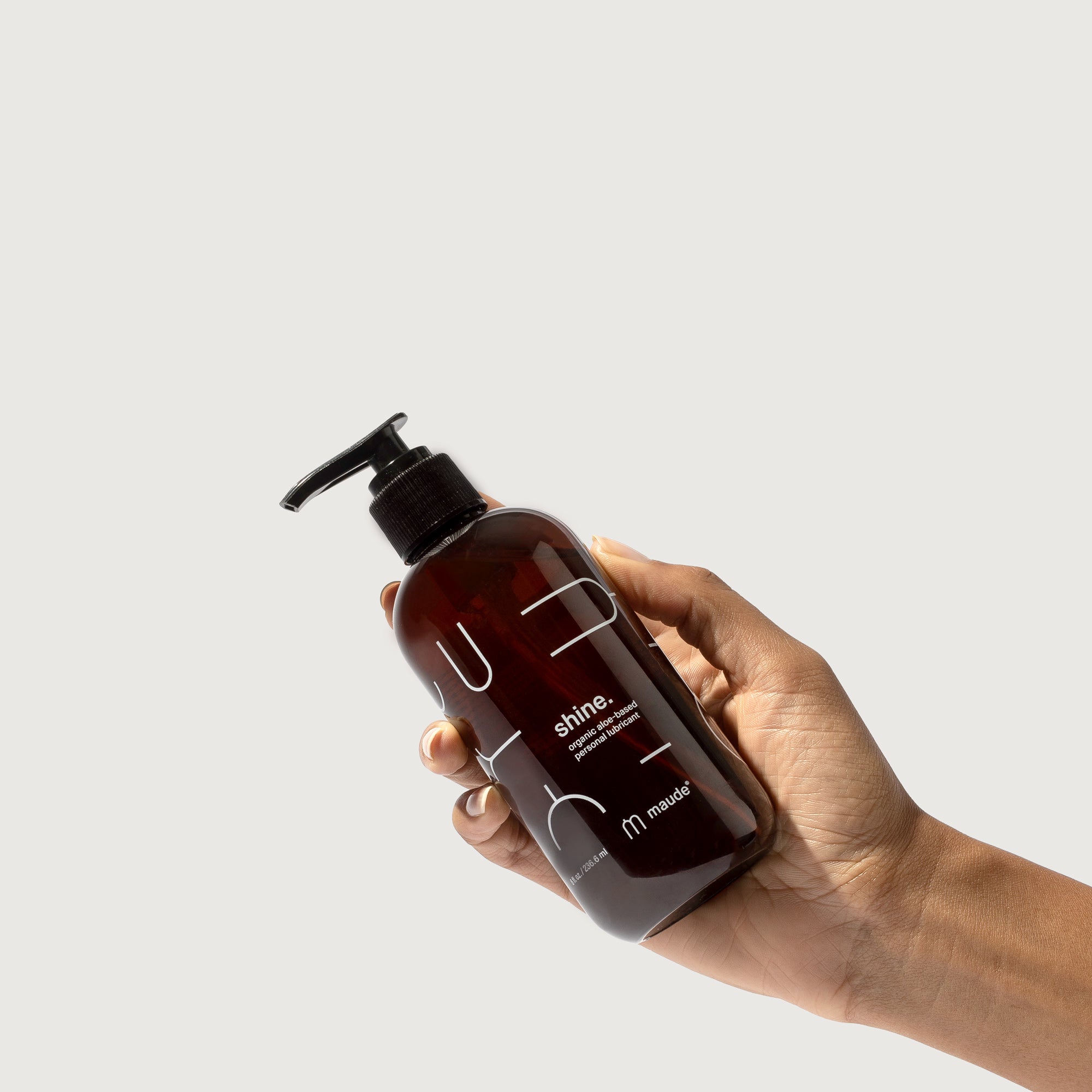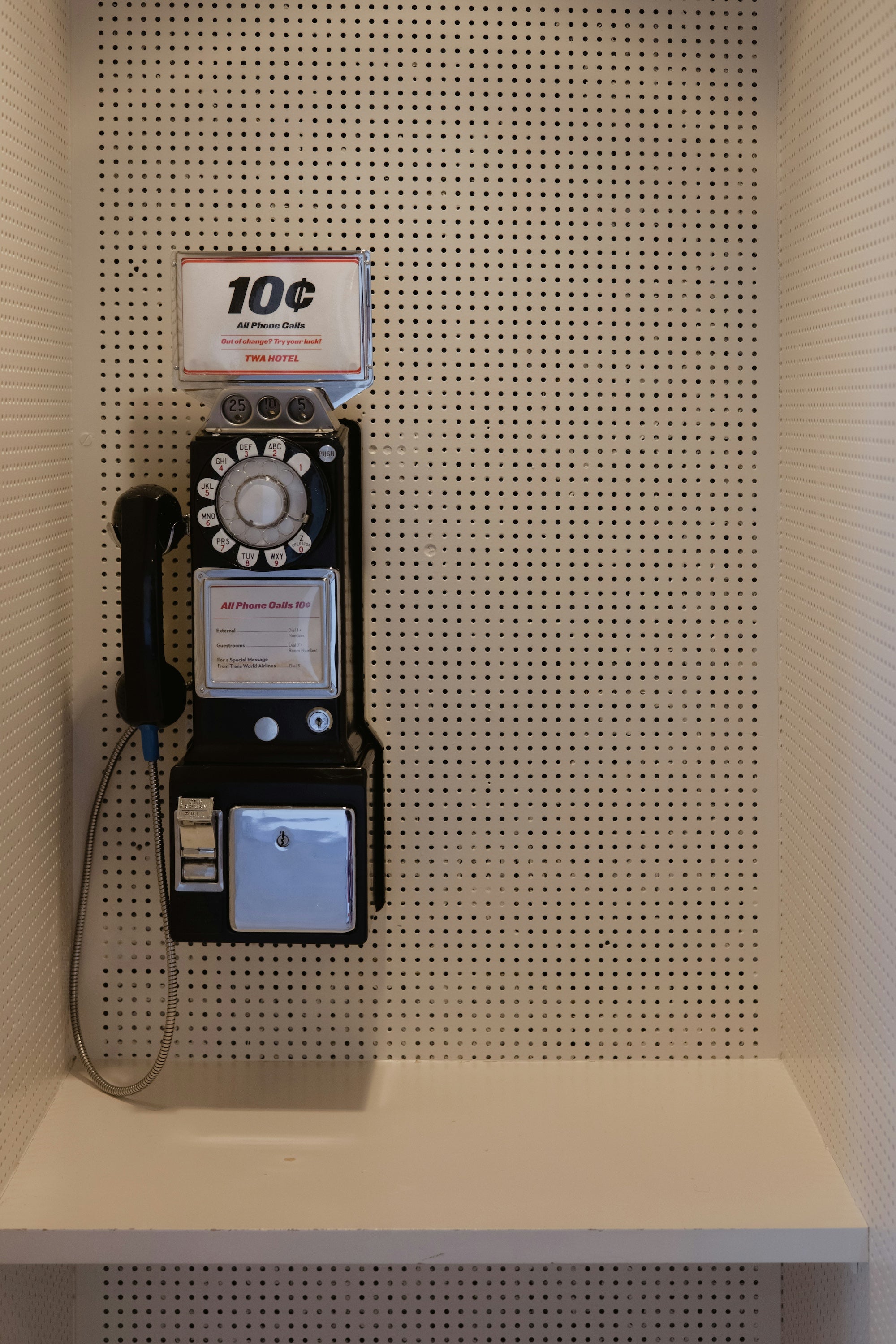The history of phone sex.

When it came to technology, the sex industry was ahead of the curve.
While Alexander Graham Bell invented the phone in 1876, it was a while before anyone was using it for anything steamy between couples. Phone systems were operator-based for a few decades, with a largely female workforce on the switchboards, many of whom found themselves on the receiving end of more attention from male callers than planned for. There are reports from the 1900s of switchboard operators fielding proposals from male callers they had never met who enjoyed their voices.
There are also occasional mentions online of a Betsy Craddock, purportedly an early phone operator whose sultry voice made her the first phone sex operator. Her story seems to be apocryphal, a piece of erotic fiction which has been recirculated as fact.
Farewell, operator
The rotary dial slowly rolled out, reaching different locales between the 1920s and 1950s. While an operator listening in to every call (so they knew when to terminate it) didn’t necessarily preclude the occasional intimate conversation, in the early years telephony was more about brutal efficiency and the transfer of information than long, languid, private chats.
Once the need for an operator was gone, however, and people could phone one another without the middle-person, far more private conversations could be had. Sadly, privacy being what it is, minimal records exist showing how saucy things got in the early decades of private phone lines. But, given that every communication medium that existed before had been used for erotic purposes, it’s hard to imagine nothing was going on. Given that the very nature of a phone call is ephemeral, leaving nothing behind in terms of content, untold amounts of sexy chats have been lost to time.
Through most of the 20th century, one company controlled most of the telecommunications industry in the US. The Bell Telephone Company begat the American Telephone and Telegraph Company, better known by its initials AT&T. By the 1970s it had reached the point where it was for all intents and purposes a monopoly, and the government stepped in. (This might not seem relevant to phone sex, but it is.) In 1982 the company was federally ordered to divide itself up. This created opportunities for enterprising businesspeople to snap up premium-rate numbers, which charged often exorbitant fees per minute.
Ring ring.
In these early days, premium rate phone lines were mainly used for horoscopes, weather reports and live baseball scores. As Tina Horn, host of the phone sex history podcast Operator, puts it: “Anything that would have a social media account now had a pay-per-call line back then: pop music, fictional characters, psychics. And of course, adult entertainment.”
One early adopter was Gloria Leonard, a former stockbroker and porn performer who was publisher of High Society magazine. She recorded a message describing the contents of the next issue, and directed a 900 number to it. By 1983, half a million calls were coming in per day at seven cents a pop, an enormous success which spurred the company to launch more and more.
Around the same time, ATN, one of the biggest companies in the phone sex line industry, came about when an entrepreneur began a company offering live psychotherapists on the phone, only to find a lot of customers asking sexual questions and requesting large-breasted therapists. This led him to a partnership with New York nightclub owner and occasional swinger Mike Pardes, who brought detailed knowledge of the myriad sexual tastes going on in the 1980s. The industry exploded. It was high-tech (for the time) and held a lot of appeal for what Horn’s podcast calls the “horny dad” market — the thinking presumably went that it was less incriminating than a trip to a strip club and involved less findable material entering the house than purchasing porn. Of all the available ways of interacting with a sex worker, it was the one involving the fewest transgressions. Whatever everyone’s reasoning, a lot of calls were made, as was a lot of money.
The sex-line boom
The legality of it all didn’t initially seem of any concern, with the FCC confirming that year that phone sex was legal. However, as more and more money was involved, and the whole 970 phone code dedicated entirely to it, they rethought this. By the late 1980s, the industry was worth $2.4 billion. In 1988, the Telephone Decency Act forbade using a "telephone… directly or by recording device" to make "any obscene or indecent communication for commercial purposes to any person." Where the line was drawn between “indecent” (legal) and “obscene” (illegal) content was extremely vague, especially where audio-only material was involved.
ATN thrived. A former Toys“R”Us warehouse in Miami was converted to an industrial hub of phone sex, with up to 600 operators on the lines all day, porn videos playing on TVs here and there to provide inspiration when needed.
Several innovations that we now take for granted when, say, talking to phone banking systems, came about as a result of the phone sex industry. Touch-tone phone menus—press 1 to be a sub, 2 to be a dom and so on—originated with ATN, as did voice-recognition menus and (fairly rudimentary) artificial intelligence. Convoluted, circuitous billing and collect-call systems made it easy enough to disguise calls to phone sex lines as other expenses, avoid the tell-tale “1-900-NAKED-WOMEN” items showing up on phone bills and hard to claim as fraudulent to phone companies. Some companies replaced 1-900 numbers with toll-free 1-800 ones, into which customers would input their credit card details before being transferred to anyone.
Phone sex became incredibly widely-known, joked about on talk shows and cropping up everywhere, both in terms of the paid-for premium-rate stuff and as a way for physically separate couples to enjoy themselves. Monica Lewinsky supposedly gifted Bill Clinton a copy of the novel Vox by Nicholson Baker, in which phone sex plays a large part, to float the idea. The facelessness of it potentially allowed people to open up to their partners about their fantasies with less self-consciousness, and the audio-only nature of it meant exploring roleplay scenarios involved much less commitment on the phone than in real life, allowing people to dip their toes into more elaborate areas of sexuality before, say, investing in equipment or arranging anything complex.
Concerned about minors having access to 1-900 numbers, the FCC tightened regulations around the industry, basing it more around credit cards. In the UK, regulations came in involving PIN numbers, which led a lot of companies to go international, basing their operations in places like the Caribbean.
And then along came the internet.
Phone sex dies/moves online
The rise of the internet quite abruptly caused a once-giant industry to become anything but, with the companies that had made a fortune cashing out. However, while smaller than it once was, there does still seem to be a market for phone sex despite the plethora of pornography available online. The eye-watering sums of money it once commanded have gone away though, meaning for a lot of phone sex operators, the job is less likely to be a ticket to millions.
As the high cost of living and growing gig economy have driven more people into sex work, phone sex is one of the safer forms of sex work to be in, with those that work in it remaining as anonymous and physically distant from their clients as they wish. Age and appearance are irrelevant—with customers being sold whatever fantasy they wish—while the equipment required is minimal and it can be done from anywhere. As Priceonomics puts it, “For women with physical disabilities, people with mental health problems, and mothers with young children, the flexibility, low barriers to entry, and high-earning potential all make phone sex a practical choice.”
With far fewer casual phone calls made than used to be—millennials are famous for their ‘telephonophobia’—out-loud recreational phone sex between partners is likely far less common than once it was. Sexting, nudes and voice notes (which can be slightly more polished) are all right there. Next time, think of the landline.





